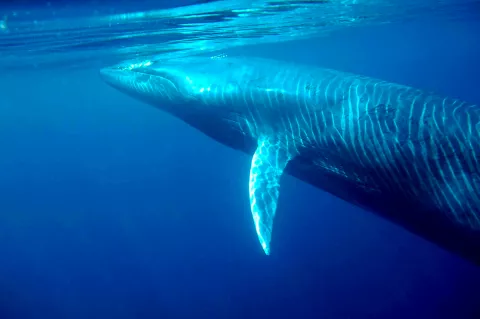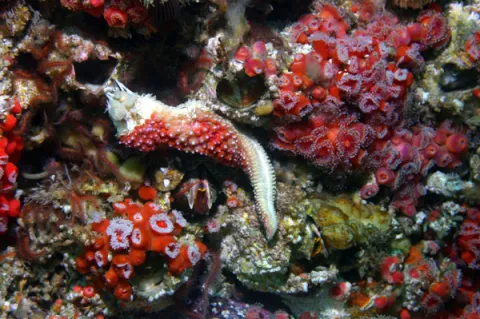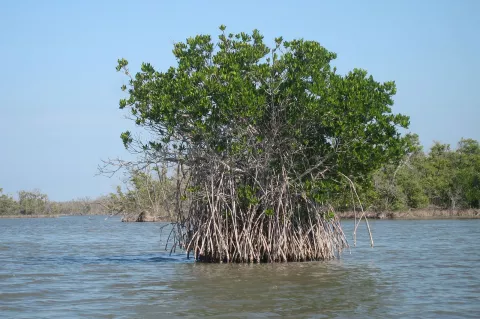Wreck beer recreated
The brew was reproduced thanks to elaborate research by Finnish and Belgian scientists who teamed up after the wreckage was discovered off Finland's Aaland Islands in 2010.
Divers exploring 40 feet down found only five bottles of beer next to 145 champagne bottles -- confirmed as the world's oldest drinkable bubbly -- in the long-lost wreck. The Government of the autonomous Åland Islands is the owner of the findings and had the beers analyzed at VTT Technical Research Center in Finland.
- Read more about Wreck beer recreated
- Log in to post comments






